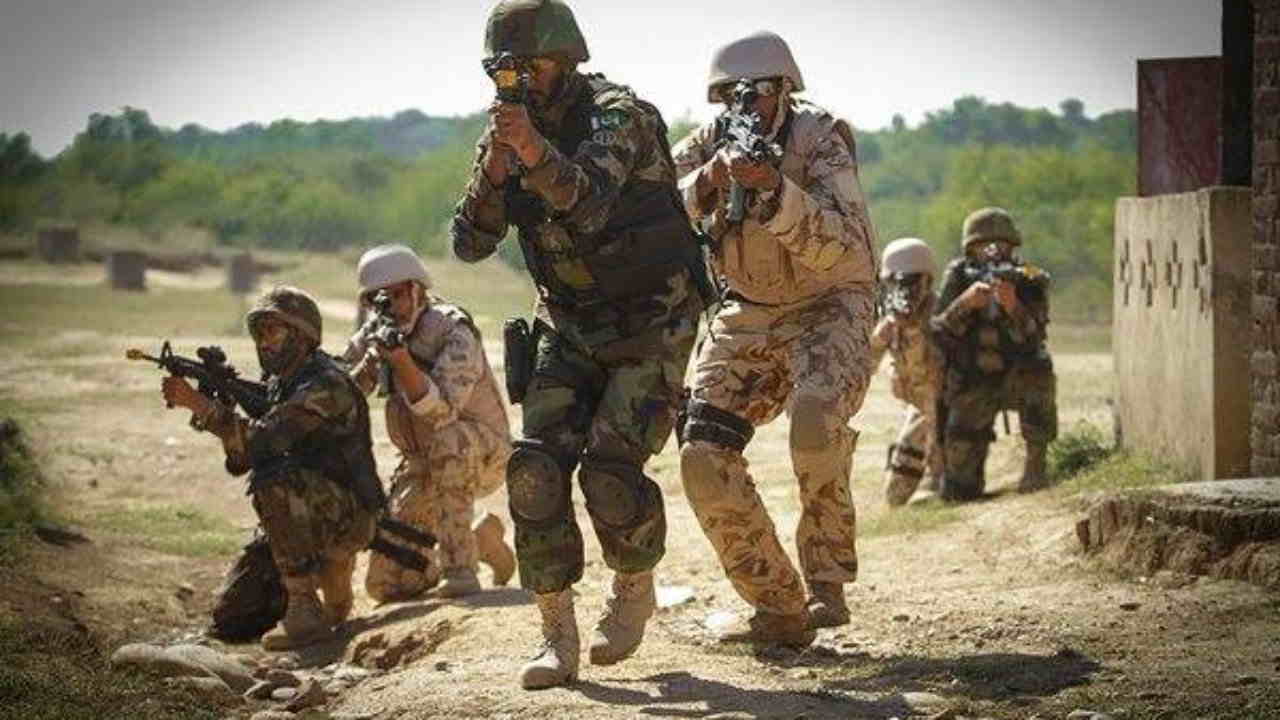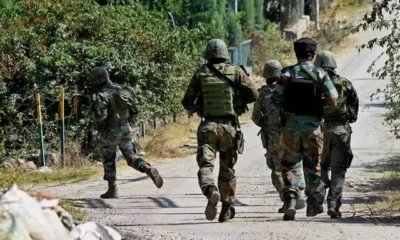[vc_row][vc_column][vc_column_text]The Indian Army on the intervening night of September 28-29, last year, sent a special team of commandos to cross the LoC and attack terror bases in Pakistan-occupied Kashmir.
It’s been a year since the Indian Army carried out surgical strike along the Line of Control (LoC), to bring down terror launch pads in neighboring Pakistan. However, what the country achieved through one of the Army’s major military operation still remains a debatable issue. While many argue that the surgical strike was intended to serve the government’s political aim to demonstrate its capabilities to fight terror, several others believe that the strike was actually the biggest blow to Pakistan’s terror-funding strategies. Here is a look at the operation and how the events unfolded in its aftermath.
Execution:
The Indian Army on the intervening night of September 28 and 29, last year, sent a special team of commandos to cross the LoC and attack terror bases in the south Pir Panjal range of Pakistan-occupied Kashmir. The Army’s operation came as a response to the Uri attacks, where four armed Lashkar-e-Taiba (LeT) militants attacked army bases at Uri on September 19, claiming the lives of 19 jawans. Following the deadly Uri attack, the government led by Prime Minister Narendra Modi came under pressure, with infuriated citizens expecting a strong retaliation. And amid heated outrage across the country, the then Army Chief General Dalbir Singh and Northern Army Commander Lieutenant General DS Hooda held several meetings with PM Modi and the then Defense Minister Manohar Parrikar. Following days of discussion, the Indian Army sent two teams of special commandos to carry out the surgical strike at officially unknown terror bases in Pakistan, reportedly killing at least 38 militants.
However, the Modi government’s decision to declare the execution of the surgical strike, unlike the previous practice to keep such operations completely covert, escalated domestic pressure on the Pakistani rangers and the government led by the then Prime Minister Nawaz Shariff. To manage the pressure, Pakistan resorted to complete denial. And, with a valid excuse of self-defense, India managed to keep international bodies distant from the entire episode. On the other hand, being unofficially convinced about Pakistan’s roles in backing terror outfits, major powers including United States and China stayed back from supporting Pakistan.
A year after Surgical Strike:
In a recent press conference, Army Chief Bipin Rawat lauded the success of the surgical strike and claimed, “The strike was a message we wanted to communicate to them and they have understood what we mean…that things could follow up, if required.” But, over frequent cross-border firings and infiltrations, he said, “terrorists will keep coming because the (terror) camps are operational there (across the LoC).”
While the total number of ceasefire violations by the Pakistani Rangers were 228 in 2016, this year the numbers have steeply risen to 285 till August 1. As many as eleven people, including nine armed force jawans have lost lives at the border in July, this year. Furthermore, the Pakistani forces resorted to 83 ceasefire violations, one Border Action Team (BAT) attack and two infiltration bids in June, claiming the lives of four, leaving behind 12 more injured.
Evidently invalidating the 2003 ceasefire agreement between India and Pakistan, the neighbouring country reportedly carried out more than 450 ceasefire violations along the LoC since the Surgical Strike in PoK. The Indian Army has lost at least 70 soldiers at the border in Kashmir since the surgical strike, while only 38 jawans were martyred in 2016.
In retaliation, the Indian Army had killed more than 180 terrorists after the 28th September military operation, while only 100 militants were neutralized in the previous year.[/vc_column_text][/vc_column][/vc_row]


 India News21 hours ago
India News21 hours ago
 Cricket news20 hours ago
Cricket news20 hours ago
 India News19 hours ago
India News19 hours ago
 Latest world news7 hours ago
Latest world news7 hours ago
 Latest world news7 hours ago
Latest world news7 hours ago
 Latest world news7 hours ago
Latest world news7 hours ago
 India News7 hours ago
India News7 hours ago














